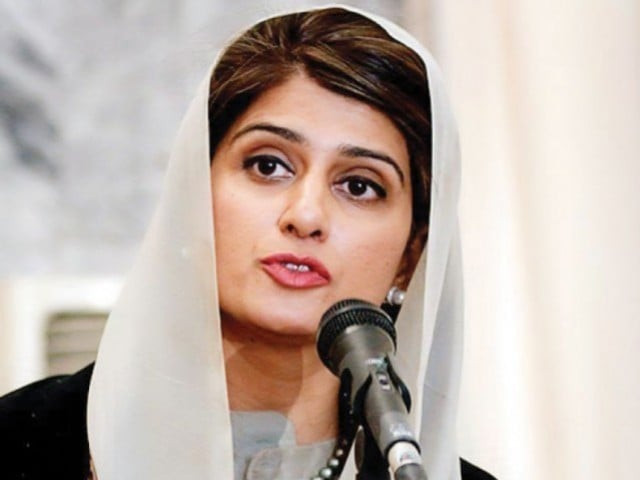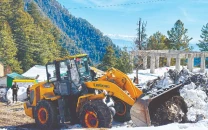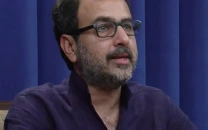‘Softening the hard country’: Lieven, Khar cautiously optimistic of the future
Discuss way forward in light of current geo-political landscape

PHOTO: FILE
Speaking at a session titled ‘Softening the Hard Country’, she said the global theatre of war having shifted to Libya and Syria had “moved the lens away from Afghanistan and Pakistan”, giving Pakistan room to recalibrate its approach. She also said Pakistan had finally begun facing internal challenges such as extremism and insurgency. “[The attack on APS woke us up as a nation,” she said.
KLF remembers the father of literature festivals
Asked how Pakistan could reposition itself in a rapidly changing, multi-powered world, Khar said Pakistan becoming involved in any war outside its territory would be a “repeat of old mistakes”. She said the country needed to “gain ground within” while building better relationships with its neighbours.
She also commented on how Pakistan’s foreign policy goals were never truly established, saying that Pakistan always had a “seat on the table, but for the wrong reasons”.
Referring to the China-Pakistan Economic Corridor as a North-South connection, she said equally important was an East-West connection, referring to a link between India and Central Asia through Afghanistan.

“The single most important thing to me is that Pakistan has survived,” said author and educator Prof Anatol Lieven, much to the audience’s amusement. Lieven is author of “Pakistan: A Hard Country”, after which the session was named. He said that at a time when many were discussing the collapse of the Pakistani state, four Middle-Eastern countries had in reality collapsed.
He cautiously opined that “If CPEC projects come through, and if they can be used effectively, the investment will transform Pakistan’s economy,” but added that “These were two big ifs.”
Contrary to Khar, Lieven was not as optimistic about the East-West corridors, stating that while Iran offered much economic potential, its success would require the end of the Afghan civil war.
Asked if China’s economic investments will bring stability to the region, Khar said the issue was a live topic, determined largely by geography and history.
Pakistan literary festivals tell a tale of cultural revival
Lieven stressed that diplomats in South Asia must ensure that old rivalries do not poison economic stability. He said he was relieved when India refused to take part in potentially provocative US naval exercise in the South China Sea. “Pakistan suffered much under the old Cold War, I hope it does not suffer under a new one,” he explained.
Lieven insisted that Pakistan must stay out of sectarian conflicts overseas, and was relieved Pakistan abstained from the Saudi coalition on Yemen. Regarding trade with Afghanistan, he said Pakistan needed to address the issue of massive smuggling across Af-Pak border.
“If the Pak-Afghan relationship improves, it can lead to improved Pak-Indian relations,” he said, explaining that the fears of both countries are interrelated.
He also said the military’s role in policymaking needed to be defined and was surprised that Pakistan lacked a full-time foreign minister given the challenges before her.
Sharmila Tagore opens Lahore Literary Festival
To a question by The Express Tribune, Lieven said the kinship and feudal structures mentioned in his book had kept Pakistan intact during volatility while also being the country’s great retarding forces. As a professor at Georgetown University in Doha, he said he recognised the importance of kinship structures, but said an intensive cultural and economic process was needed to transcend them for Pakistan to truly progress.
Published in The Express Tribune, April 17th, 2016.



















COMMENTS
Comments are moderated and generally will be posted if they are on-topic and not abusive.
For more information, please see our Comments FAQ